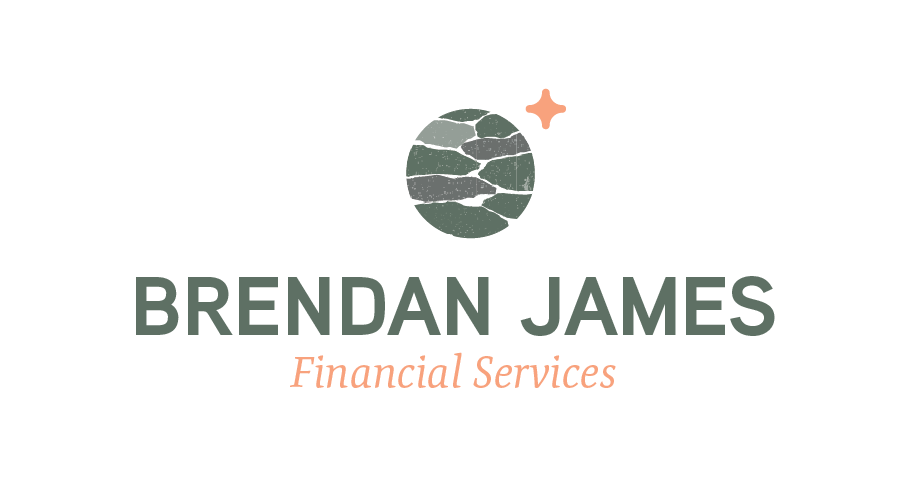Financial security on death or illness
Many different things clamor for our attention – mortgage payments, car maintenance, ESB bills and so the list goes on. Death or illness can have a devastating impact on a family and are the primary reasons that families can become financially distressed. Life assurance, Income Protection and Specified Illness cover are essential cover for families and bread winners in ensuring the financial security of the family or the individual.
Will the state not provide?
The state will normally pay a pension to the surviving spouse in the event of death. However this payment may only cover a percentage of the income lost on the death of a primary breadwinner and this payment may be stopped altogether where the surviving spouse marries again. Life Assurance is essential cover for every family.
In the event of illness many self employed and company directors who pay Class S PRSI can be suddenly bereft of any income due to sudden illness having no entitlement to state illness benefit. Other PRSI classes may have Illness Benefit entitlement however they may suffer a severe loss in income causing relative poverty.
Need for Income Protection:
Income Protection should be a consideration for all workers who would have a significant change in income due to illness or injury.
Specified Illness Cover
Cancer, stroke or sudden heart attack can affect anyone. How do you think that such news would affect you, your family or perhaps your ability to earn a living?
The reasons for recommending specified illness are manifold, but primarily, it can be a lifeline in a time of crisis. It can help reduce or eliminate some financial hardships that can be an unwelcome visitor in a time of crisis for a family in the aftermath of a potential catastrophic diagnosis.
Cancer rates in Ireland continue to affect large numbers and are consistently the primary cause of claims for specified illness particularly for women. The age at which claims tend to be made are ages 45 to 50. A critical time period, particularly as many people today delay having children until their mid or late thirties when children are at their most dependent and place the greatest demand on family finances.

